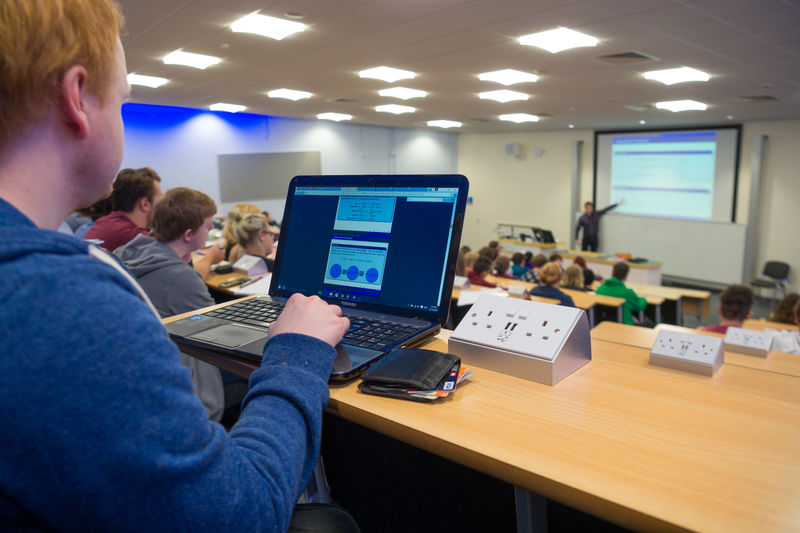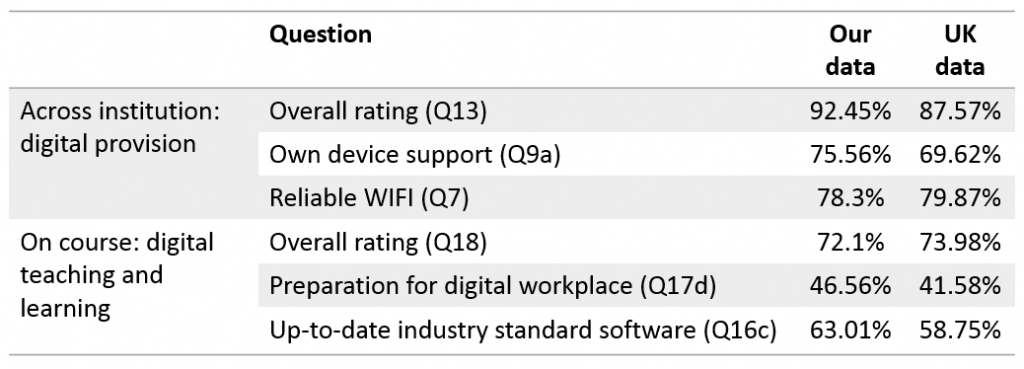
Hi! I’m Joseph and I will be working with the LTEU team on analysing and disseminating the results from the Students Digital Experience Insights Survey 2022. As the digital experience has become integral to the continuation and development of student learning this survey allows us to understand how the implementation of digital systems has affected students. As a student who went through the introduction of these newer systems, I have experience and a firm grasp of the student perspective. This will allow me to better analyse and place these results.
When I first was deciding upon universities, I had three I wanted to apply for and was able to make it to the open days of two of these. However, due to travel issues I couldn’t attend the Aberystwyth open day. When finally deciding which one to choose I realised both my sisters were attending those other two universities, so in order to have a lot more freedom I chose to apply for Aberystwyth and only saw it for the first time just before my first lecture.
Despite me not knowing anything about Aberystwyth I fell in love with it throughout my degree and thoroughly enjoyed my joint course. I’ve learned to not only create rigid and complex essays on English literature but also how to plan and setup a filming area entirely on my own (Camera Included). I also became the president for an academic society for a department I’m not a part of. This gave me a lot more insight into other degree schemes and student opinions as I found each department has very distinct and varying perspectives to their learning.
Throughout filming escapades and society committees I’ve learned great cooperative skills and filled in various positions in group dynamics in order to be more effective. I’m hoping to carry these skills over when working with the LTEU team in order to facilitate the detailed analysis of the Students Digital Experience Insights Survey 2022 as well as aiding the team with suggesting ideas and helping in the planning of projects.
XOXO
















